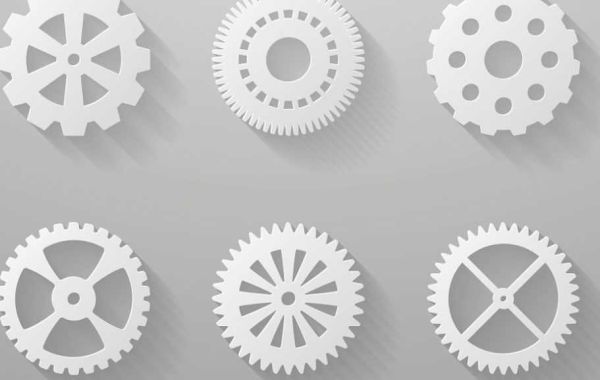NC machining offers several advantages when it comes to creating parts from ABS plastic. Here's a closer look at the key benefits:
- Cost-Effectiveness:ABS is a relatively inexpensive material compared to some metals or engineering plastics. This makes CNC machining ABS a budget-friendly option for various applications. For prototyping or low-volume production runs, the combined affordability of the material and the machining process translates to significant cost savings.
- Versatility: ABS boasts exceptional versatility when it comes to shaping. CNC machining allows for precise control over the cutting tools, enabling the creation of ABS parts in a wide variety of shapes and sizes. This adaptability makes it suitable for a broad range of applications, from intricate electronic housings to functional machine components.
- Good Machinability:Unlike some materials that require specialized techniques or present machining challenges, ABS is known for its good machinability. Standard CNC machining processes can effectively work with ABS, resulting in faster production times and lower machining costs. The machinability of ABS allows for efficient creation of complex features and geometries without requiring extensive modifications to the machining process.
- Balanced Strength and Impact Resistance:ABS offers a valuable combination of strength and impact resistance. This makes it suitable for parts that require a certain level of durability to withstand some degree of wear and tear or accidental impacts. In applications where high structural integrity is not the primary concern, ABS provides a good balance between functionality and affordability.
- Lightweight Properties:ABS is a lightweight material, which can be a significant advantage in certain applications. For parts where weight reduction is crucial, CNC machined ABS becomes a favorable choice. This is particularly relevant in applications like drone components or mobile device enclosures where minimizing weight is essential for performance or user experience.








